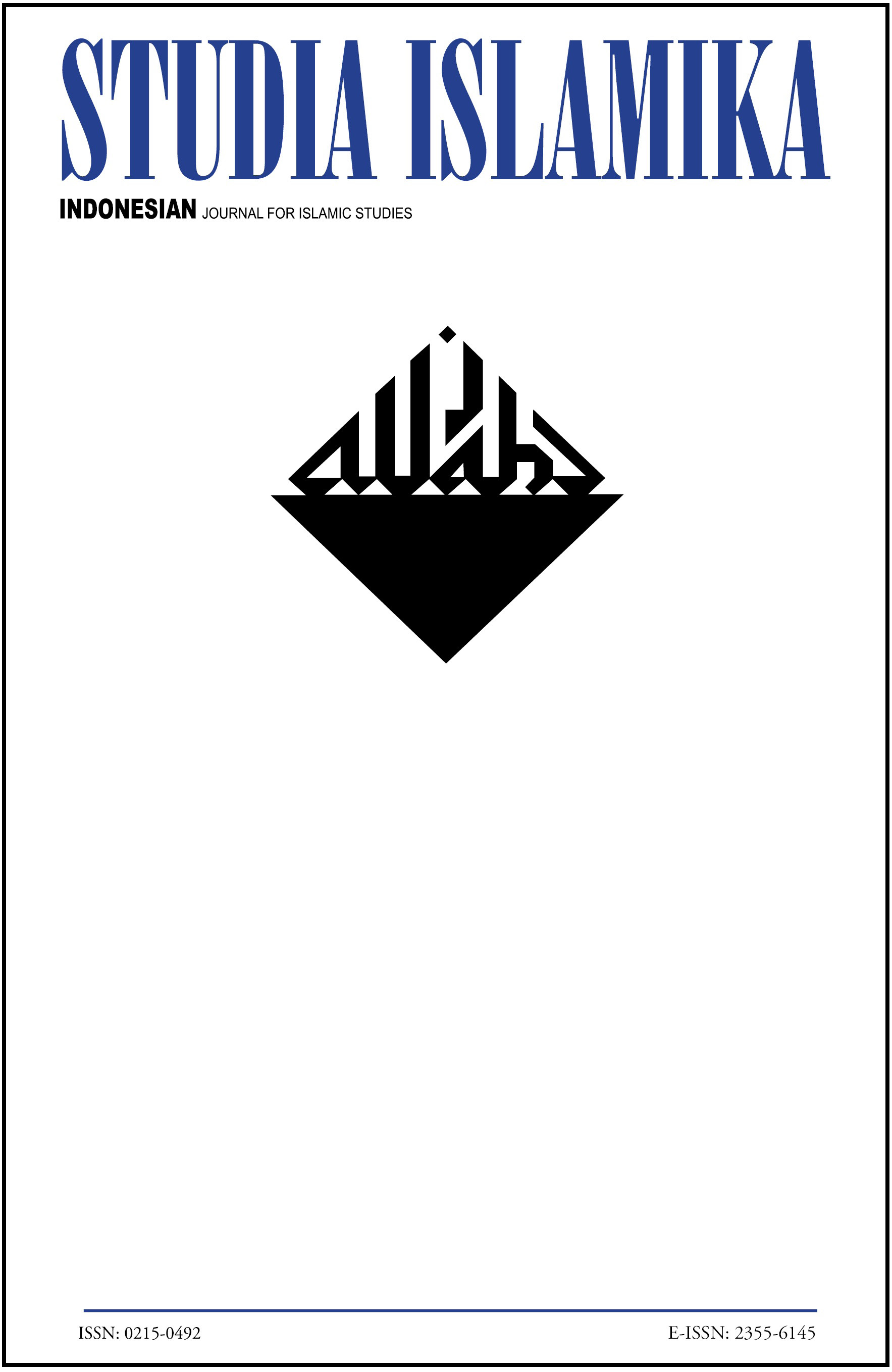Abstract
Observers of Indonesia’s foreign policy commonly argue that while the state needs to include domestic Muslim interests in its foreign policy formulation, foreign policy officials have rarely considered Islam in their policy choices, with a dual-identity predicament constraining such a move. This article challenges this argument by demonstrating that foreign policy leaders have begun referring to Islamic identity and norms when justifying Indonesia’s foreign policy choices. By discussing Indonesia’s foreign policy responses to the United States’ war in Afghanistan in 2001, this paper elucidates the way in which Indonesia’s foreign policy leaders have constructed Islam as an “inclusive civilizational” identity in their foreign policy discourse, legitimizing their alliance with the global war on terrorism amid staunch domestic Muslim opposition to the war. They managed to turn identity constraint into opportunity by framing their policies within the context of “inclusive” and “integrative” Islamic values and norms.Authors who publish with this journal agree to the following terms:
- Authors retain copyright and grant the journal right of first publication with the work simultaneously licensed under a Creative Commons Attribution License that allows others to share the work with an acknowledgement of the work's authorship and initial publication in this journal.
- Authors are able to enter into separate, additional contractual arrangements for the non-exclusive distribution of the journal's published version of the work (e.g., post it to an institutional repository or publish it in a book), with an acknowledgement of its initial publication in this journal.
- Authors are permitted and encouraged to post their work online (e.g., in institutional repositories or on their website) prior to and during the submission process, as it can lead to productive exchanges, as well as earlier and greater citation of published work.
Downloads
Download data is not yet available.


